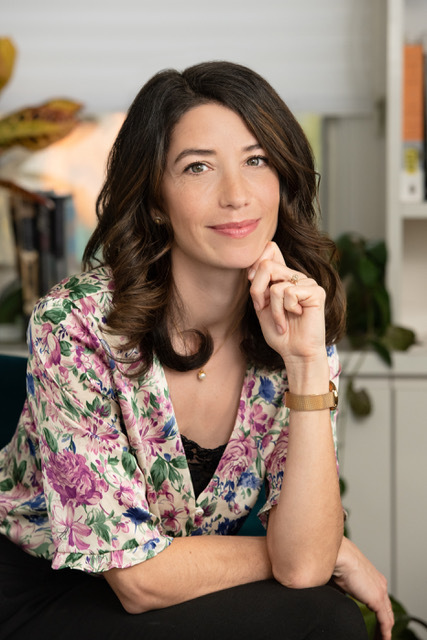Celebrating faculty: Caroline Séquin

Photo by by Emily Feinsod
What is the focus of your research/area of expertise?
My research focuses on the ways ideas and policies pertaining to gender, race, and sexuality shape France and the French Empire in the 19th and 20th centuries. In my first book, I show how the system in place to regulate commercial sex in the 19th and 20th centuries not only served to police gender relations, but also racial relations. In doing so, the book challenged in new ways the idea that France is a race-blind nation. I am now at work on two new projects. The first was inspired by my first book, and seeks to uncover the various ways in which interracial marriages were perceived, controlled, and lived in 20th-century France and its empire. I look in particular at marriages between French citizens and colonial subjects. In the second, I focus on marriages between French women and the American soldiers they met during World War I and World War II to reconstruct a history of family migration and belonging. My work thus revolves around the idea that far from being insignificant, people’s personal choices and intimate lives were deeply political. Their study thus allows us to better understand broader issues surrounding national identity, citizenship, and migration.
How do students benefit from your scholarship and research?
The courses I teach touch on a vast range of topics that are more or less related to my research: I teach two courses on the history of sexuality (including one FYS), an intermediate course on the history of race and migration in modern Europe, a seminar on French history from the margins, a methods course, as well as a course on the history of modern Europe and another on the history of the modern world. But regardless of how narrow or broad the temporal and geographical boundaries of my courses are, I always seek to humanize historical actors by highlighting their living conditions under various circumstances, the limited choices they at times faced. I like to think that in my courses, students not only develop essential skills such as reading comprehension, analytical, and writing skills, in addition to new knowledge about particular places in the past, but also that they become at once more empathetic toward other people and critical about the society in which we live. Ultimately, I aim to contribute to the formation of the next generation of informed and well-rounded citizens.
What will you be teaching in the fall?
I will be teaching two sections of HIST 206: Politics and Practice of History, which is a course on historical methods, historiography, and the politics of doing history. It is a great course to think critically about what it means to do history, how history has been produced over time, and why history matters. I love teaching this course, and students often come out of it with a new appreciation for the discipline and its significance. I will also be teaching a survey of modern European history, in which students will get to analyze a wide range of primary sources that convey various perspectives and experiences of some foundational moments and historical processes in the history of Europe since the French Revolution.